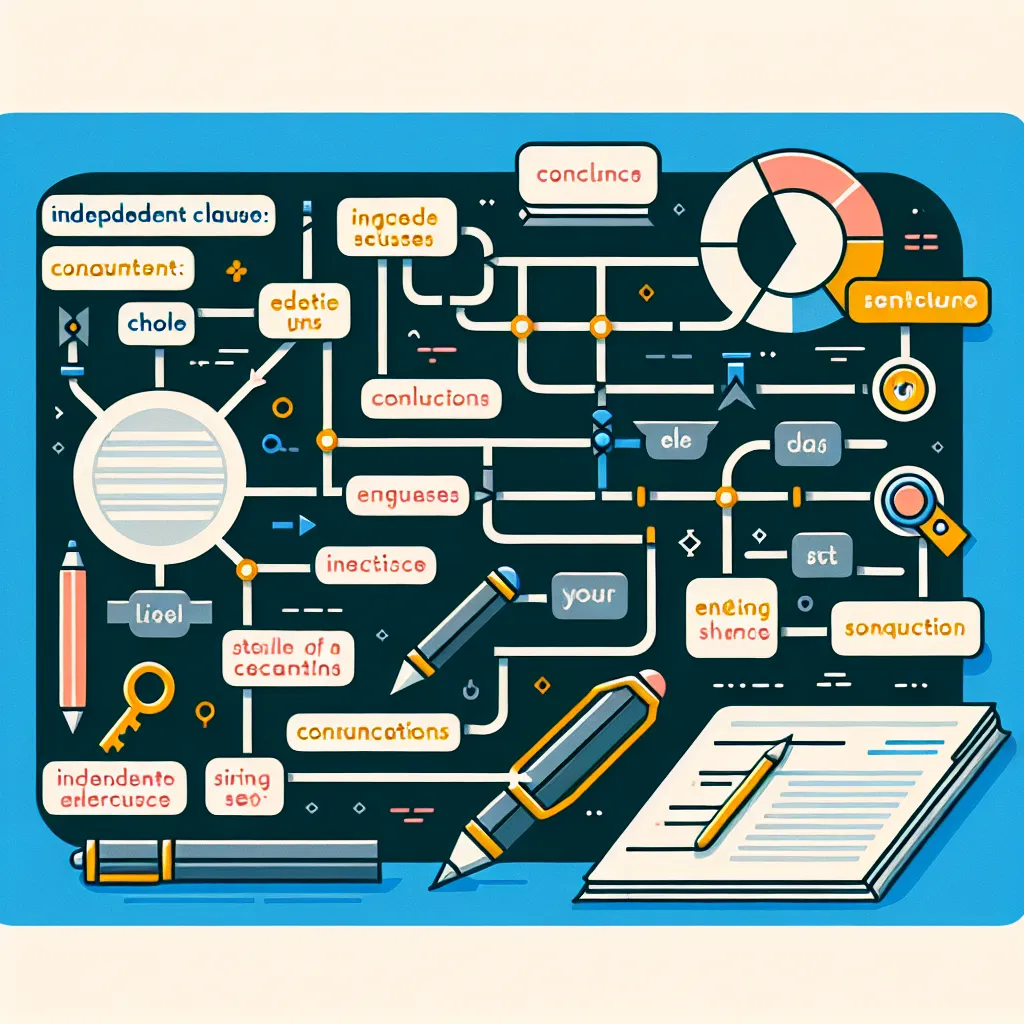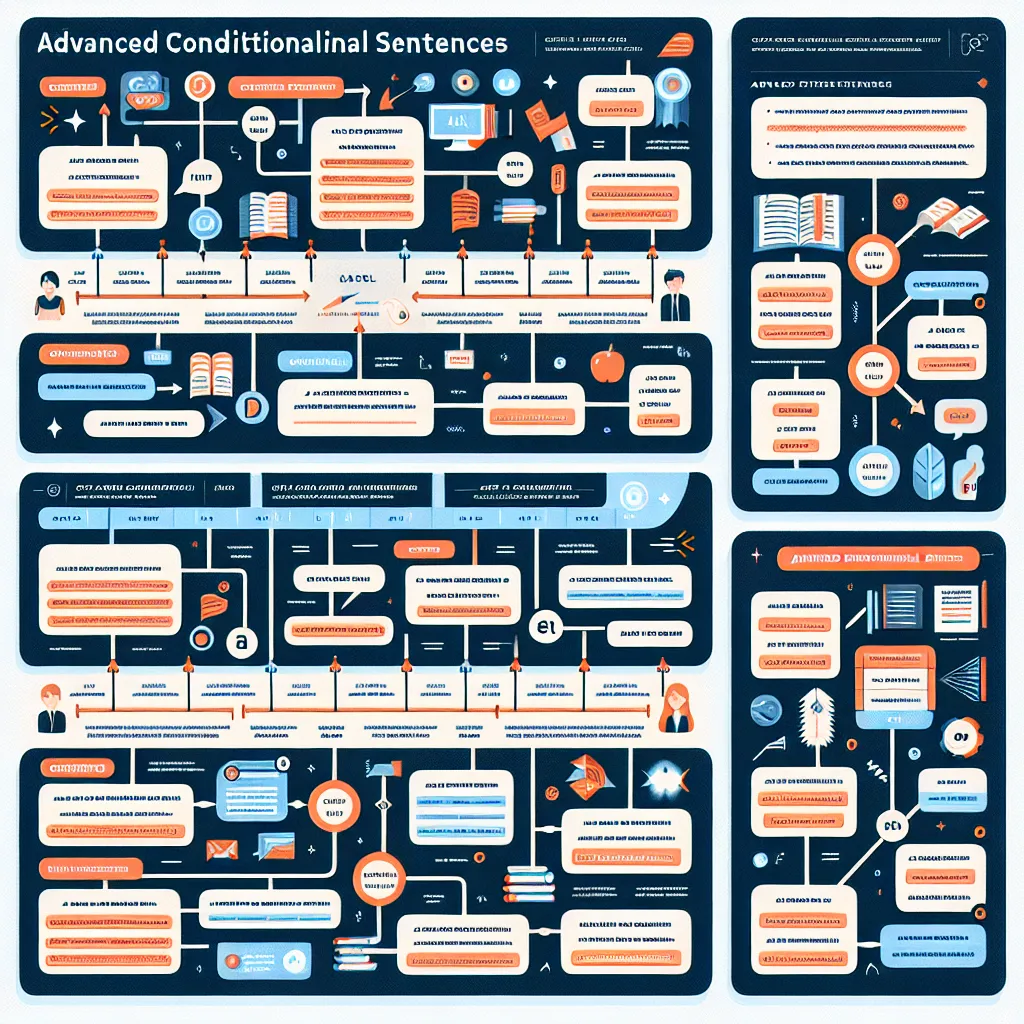Are you looking to elevate your English language skills? Mastering Complex English Sentences is a crucial step towards achieving fluency and expressing sophisticated ideas. This guide will provide you with effective strategies, practical tips, and valuable resources to help you navigate the intricacies of complex sentence structures in English.
Understanding Complex Sentences
Complex sentences are an essential component of advanced English grammar. They consist of an independent clause and at least one dependent clause, allowing for more nuanced expression of ideas and relationships between concepts. Mastering these structures is key to improving your overall language proficiency and achieving a more natural, native-like communication style.
 English Complex Sentence Structure
English Complex Sentence Structure
Why Are Complex Sentences Important?
- Enhanced Communication: Complex sentences allow for more sophisticated expression of thoughts and ideas.
- Academic and Professional Success: They are essential in academic writing and professional communication.
- Improved Reading Comprehension: Understanding complex sentences helps in comprehending advanced texts.
- IELTS and TOEFL Success: Mastery of complex sentences is crucial for achieving high scores in language proficiency exams.
Strategies for Mastering Complex Sentences
1. Start with Sentence Analysis
One effective way to improve your understanding of complex sentences is through sentence analysis. This involves breaking down sentences into their constituent parts and understanding how they fit together.
- Identify the main clause (independent clause)
- Locate dependent clauses and their functions
- Recognize linking words and subordinating conjunctions
Example:
“Although it was raining heavily, Sarah decided to go for a run because she had committed to her training schedule.”
- Main clause: “Sarah decided to go for a run”
- Dependent clause 1: “Although it was raining heavily”
- Dependent clause 2: “because she had committed to her training schedule”
2. Practice with Various Clause Types
Familiarize yourself with different types of dependent clauses:
- Adverb clauses (e.g., “When I arrive, I’ll call you.”)
- Adjective clauses (e.g., “The book that I’m reading is fascinating.”)
- Noun clauses (e.g., “What you said makes sense.”)
Exercise: Create sentences using each type of clause, gradually increasing complexity.
3. Master Conjunctions and Transitional Phrases
Advanced conjunctions and transitional phrases are key to constructing complex sentences. Learn to use:
- Coordinating conjunctions (FANBOYS: for, and, nor, but, or, yet, so)
- Subordinating conjunctions (because, although, while, unless, etc.)
- Correlative conjunctions (both…and, either…or, not only…but also)
Example:
“Not only did she excel in her studies, but she also managed to maintain a part-time job.”
4. Utilize Complex Tenses
Perfecting the use of complex tenses is crucial for creating sophisticated sentence structures. Practice using:
- Present Perfect Continuous
- Past Perfect
- Future Perfect
Example:
“By the time we arrive, they will have been waiting for two hours.”
5. Incorporate Varied Sentence Structures
Mix different sentence types to create more engaging and dynamic writing:
- Simple sentences for emphasis
- Compound sentences for related ideas
- Complex sentences for showing relationships between ideas
- Compound-complex sentences for intricate thoughts
6. Read Extensively
Expose yourself to complex sentence structures through extensive reading. Focus on:
- Academic journals
- Classic literature
- Quality news sources
As you read, take note of sentence structures that you find particularly effective or challenging.
 Diverse English Reading Materials
Diverse English Reading Materials
7. Practice with Flashcards
Using flashcards for grammar practice can be an effective way to memorize complex structures. Create flashcards with:
- Sentence fragments to complete
- Conjunctions to use in context
- Challenging sentence structures to analyze
Advanced Techniques for Mastery
1. Sentence Combining Exercises
Take simple sentences and combine them into complex ones. This exercise helps you understand how ideas can be linked and subordinated.
Example:
Simple sentences:
- The movie was long.
- The movie was boring.
- I fell asleep.
Complex sentence:
“Because the movie was long and boring, I fell asleep.”
2. Paraphrasing Practice
Take complex sentences from your reading and try to rephrase them while maintaining the original meaning. This exercise improves your flexibility with language and deepens your understanding of sentence structure.
3. Error Correction
Identify and correct errors in complex sentences. This sharpens your grammatical awareness and helps you avoid common mistakes.
Example:
Incorrect: “Although she studied hard, but she didn’t pass the exam.”
Correct: “Although she studied hard, she didn’t pass the exam.”
4. Writing Challenges
Set yourself writing challenges that require the use of complex sentences. For instance:
- Write a paragraph using at least three different types of dependent clauses.
- Compose a short story where each sentence contains a different conjunction.
5. Analyze Speeches and Presentations
Study the sentence structures used in advanced media communication. Pay attention to how complex sentences are used to convey persuasive arguments or explain complicated concepts.
Common Pitfalls to Avoid
- Overcomplication: Don’t make sentences unnecessarily complex. Clarity should always be your primary goal.
- Misuse of Punctuation: Ensure you’re using commas, semicolons, and other punctuation marks correctly in complex sentences.
- Faulty Parallelism: Maintain parallel structure in lists and comparisons within complex sentences.
- Dangling Modifiers: Make sure modifying phrases clearly relate to the subject they’re intended to modify.
Next Steps
Now that you have a solid foundation for mastering complex English sentences, it’s time to put your knowledge into practice:
- Set a daily goal to write a certain number of complex sentences.
- Join a language exchange program to practice using complex structures in conversation.
- Take an advanced grammar course or workshop to further refine your skills.
- Consider preparing for language proficiency exams like IELTS or TOEFL to test your mastery.
Remember, mastering complex sentences is a gradual process that requires consistent practice and patience. With dedication and the right strategies, you’ll soon find yourself constructing sophisticated English sentences with confidence and ease.
We encourage you to share your progress or any questions you may have in the comments section below. Keep exploring our other articles for more in-depth grammar tips and language learning strategies!




